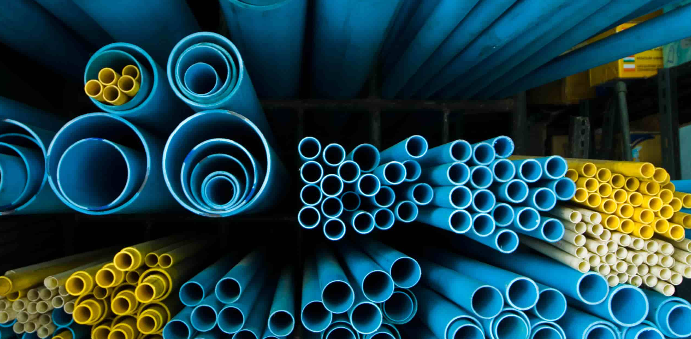Why HDPE Recycling at WasteTrade is Key to Meeting Global Sustainability Goals
Why HDPE Recycling at WasteTrade is Key to Meeting Global Sustainability Goals
Blog Article
The issue of plastic waste has grown into an environmental problem of immense proportions and millions of tons of it ending in the oceans and landfills every year. One of the most frequently used plastics is high-density Polyethylene (HDPE), which is found in products such as milk jugs, detergent bottles, and bags made of plastic. But, only a tiny percent of HDPE is recycled due to a variety of challenges with recycling. WasteTrade aims to transform this process by transforming Recycle HDPE and making it more efficient and sustainable.

WasteTrade is a company which specializes in the recycling of plastics that have been discarded by consumers, with a particular attention to HDPE. The most traditional method of recycling HDPE involves sorting and cleaning the plastic prior to melting it down into pellets that can be reused. But, this method can be time-consuming and costly, leading to lower rates of HDPE recycling.
WasteTrade has developed an innovative method that increases efficiency of the HDPE Recycling process. They use modern technology to separate different kinds of plastics swiftly and accurately based on the chemical makeup. This allows them to filter out any contaminants or non-HDPE materials efficiently.
Furthermore, WasteTrade has also invested in cutting-edge cleaning equipment that can remove any contaminants from the recycled plastic without damaging its quality or properties. This guarantees that the product that is produced is clean and safe for reuse.
However, their efforts do not stop there - they have also implemented a closed-loop system in which they collaborate with the manufacturers who utilize recycling HDPE pellets for raw material for the creation of new products. This not only reduces the requirement for virgin plastic manufacturing, but also helps create a circular economy where waste is turned into to be a valuable resource.
Alongside their technological advances, WasteTrade also prioritizes sustainability throughout their operations. They have adopted energy efficient processes within their facilities, and they use renewable energy whenever they can. They also have a goal of reduce their carbon footprint through optimizing transportation routes and using eco-friendly packaging materials.
WasteTrade's method of HDPE recycling has proven to be a success and has led to an increase of a significant quantity of HDPE being recycled. This reduces not only the amount of plastic waste in the oceans and landfills, but also helps conserve natural resources and decreases the emissions of greenhouse gases.

Conclusion: WasteTrade has set the way in revolutionizing HDPE recycling for more sustainable plastics. Their cutting-edge technology, dedication to sustainability, as well as their closed-loop system have significantly enhanced the effectiveness of HDPE recycling. By turning plastic waste into valuable resources, WasteTrade is making a positive contribution to the local community and the environment. As consumers, we can contribute to WasteTrade's efforts by properly eliminating our plastic waste and selecting products made from recycled materials when feasible. Collectively, we are able to create the most sustainable environment for future generations. Report this page